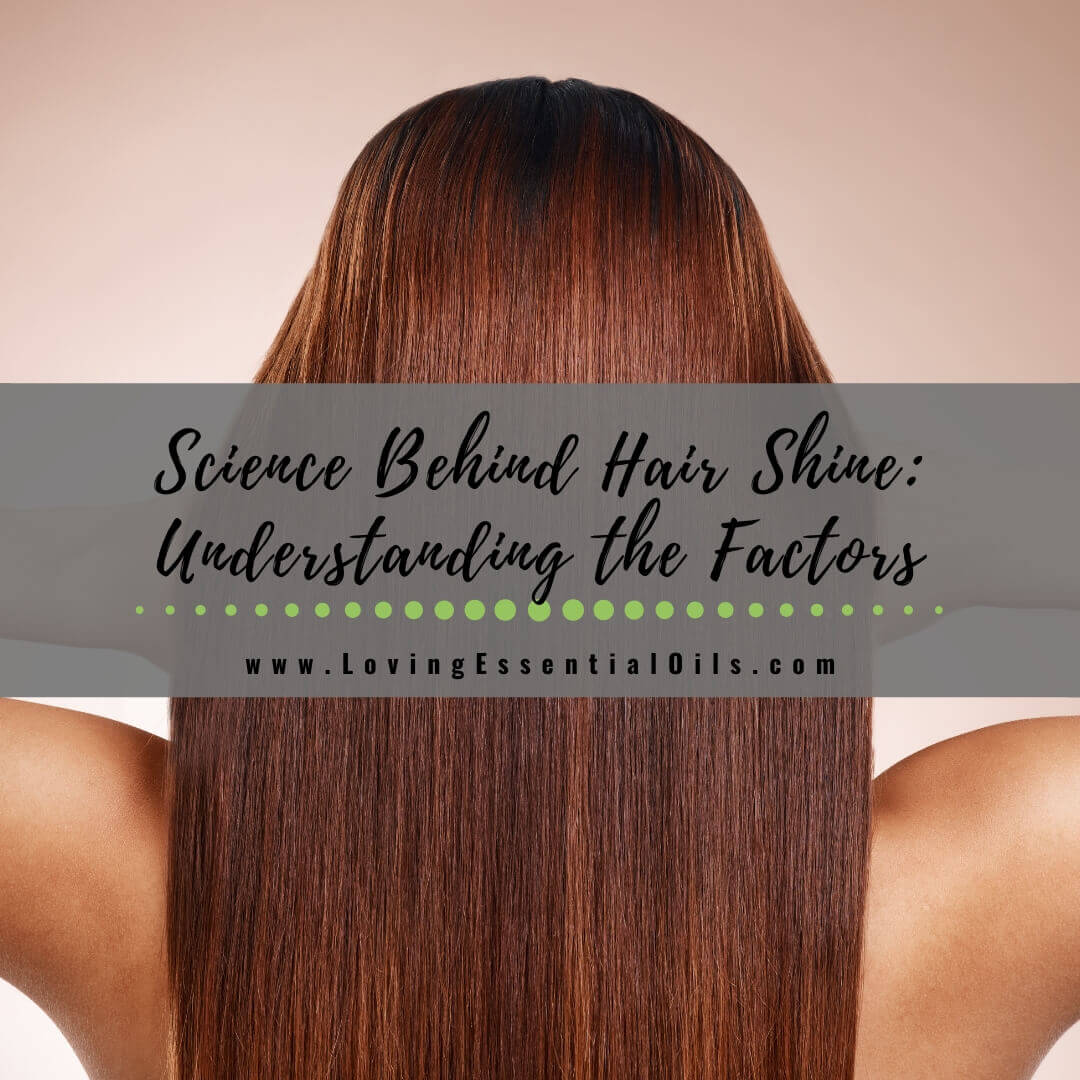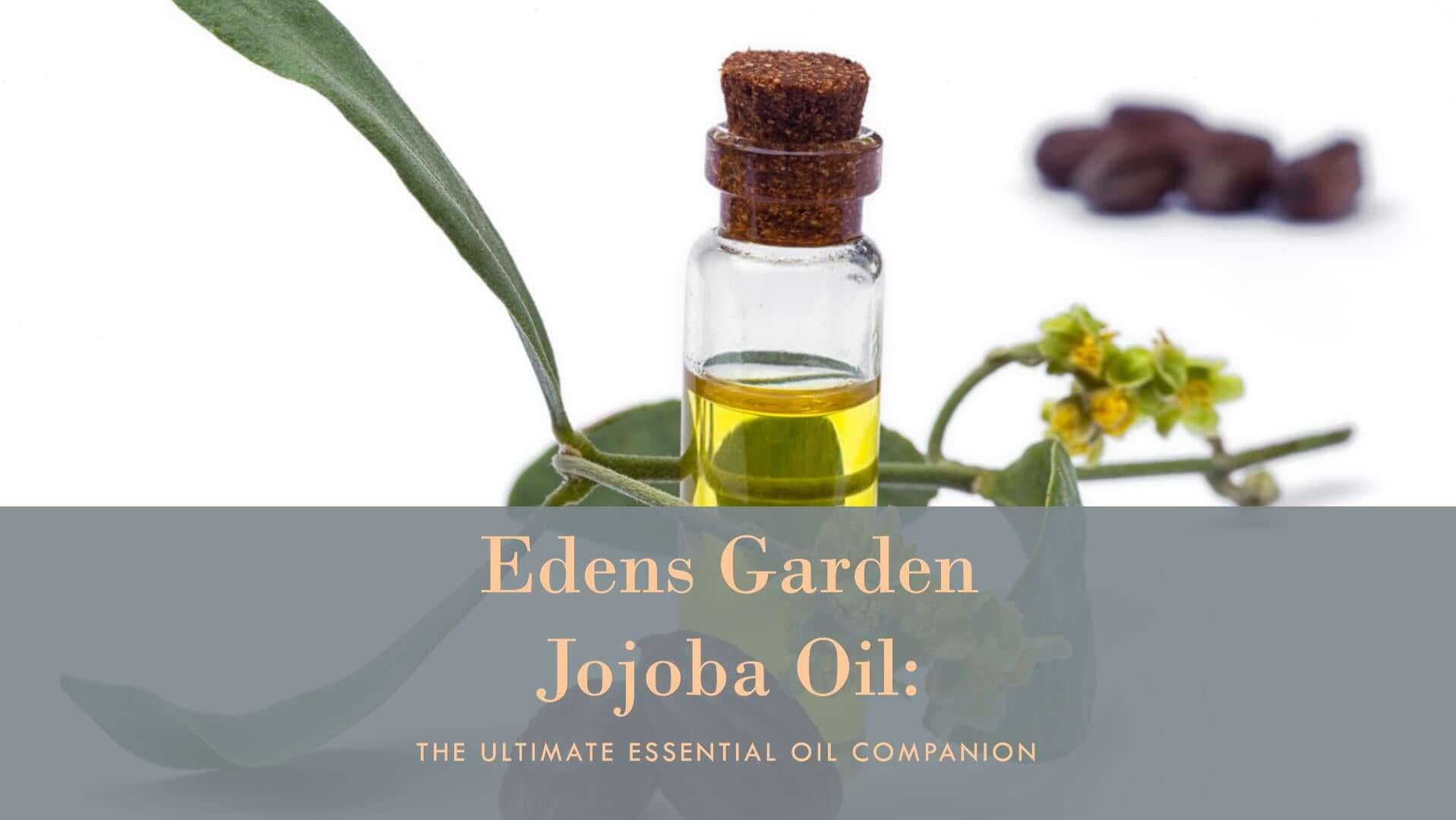Hair shine is more than just a cosmetic feature; it's often seen as a sign of healthy, well-maintained hair. But what exactly makes hair shine, and how can we achieve that beautiful, glossy look? Let’s explore the science behind hair shine and all the various factors that influence it.
The Structure of Hair
To understand hair shine, we first need to look at the structure of your hair. Each hair strand is made up of three layers:
- The medulla: The innermost layer, which is sometimes missing in fine hair.
- The cortex: The middle layer that gives hair its strength and color.
- The cuticle: The outermost layer is composed of overlapping scales.
The cuticle plays a particularly special role in hair shine. When the cuticle lies flat, it reflects light better, giving your hair a shiny appearance. However, when it's raised or damaged, hair looks dull and lifeless.
How Light Interacts With Hair
Hair shine is all about how light bounces off your hair. When your hair is smooth, it's like a flat mirror that reflects light evenly, making it look shiny. But if your hair is rough or bumpy, it's more like a cracked mirror. The light bounces off in all different directions instead of reflecting evenly. This is what gives it that dull and lifeless look.
Factors That Affect Hair Shine
Many things can affect how shiny your hair looks, including:
- Hair Color: Light hair often looks shinier than dark hair because it reflects more light.
- Hair Type: Straight hair usually looks shinier than curly hair. That’s because oils from the scalp can easily coat straight hair, but have a harder time spreading on curly hair.
- Hair Health: Healthy hair is naturally shiny, while damaged hair looks dull because its surface is rough and doesn't reflect light well.
- Scalp Oil: Our scalp makes a natural oil called sebum. A little bit can enhance your hair's shine, but too much makes it look greasy.
- Environment: Things like humidity, sun, and pollution can make your hair less shiny and even cause frizz.
- Hair Care: How we take care of our hair matters. Washing, conditioning, and using the right products can keep your hair shiny and strong consistently.

How to Achieve Shinier Hair
Now that we understand the science behind hair shine, here are some tips to improve its luster:
Use a Clarifying Shampoo Regularly
Build-up from products, hard water minerals, and environmental pollutants can leave your hair looking dull and rough. One of the best ways to remove this buildup is by washing your hair with a clarifying shampoo once a week.
Make sure to always use conditioner after shampooing and focus on the ends of your hair, which tend to be drier and more prone to damage from heat styling and environmental factors.
After washing and conditioning, rinse your hair with cool water. This helps close the cuticle, leading to smoother, shinier hair.
Avoid Over-washing
Washing your hair too frequently can strip it of natural oils, leading to dryness and dullness. Find a washing schedule that works for your hair type, whether it's every other day, once a week, or somewhere in between. Don’t be afraid to experiment with different products and techniques to find what keeps your hair healthy and looking its best.
Use Heat Protectants
If you use heat styling tools, always apply a heat protectant first. This can help prevent cuticle damage while locking in moisture to keep your hair healthy and shiny. Additionally, using a lower heat setting on your styling tools can further reduce the risk of damage.
Eat a Balanced Diet
If you want your hair to have that natural shine, then you should eat a balanced diet that includes a variety of vitamins and nutrients. Incorporating foods rich in biotin, iron, zinc, and omega-3 fatty acids particularly, can help promote hair health, prevent breakage, and nourish your hair from the inside out.
A Holistic Approach
Knowing what gives your hair its shine makes it easier to follow an effective hair care routine. While certain factors like natural hair color and texture are beyond our control, many aspects of hair shine can be influenced by proper maintenance and self-care. It's a combination of good hair care practices, a healthy diet, and understanding your unique hair type and needs.
Share on Pinterest






